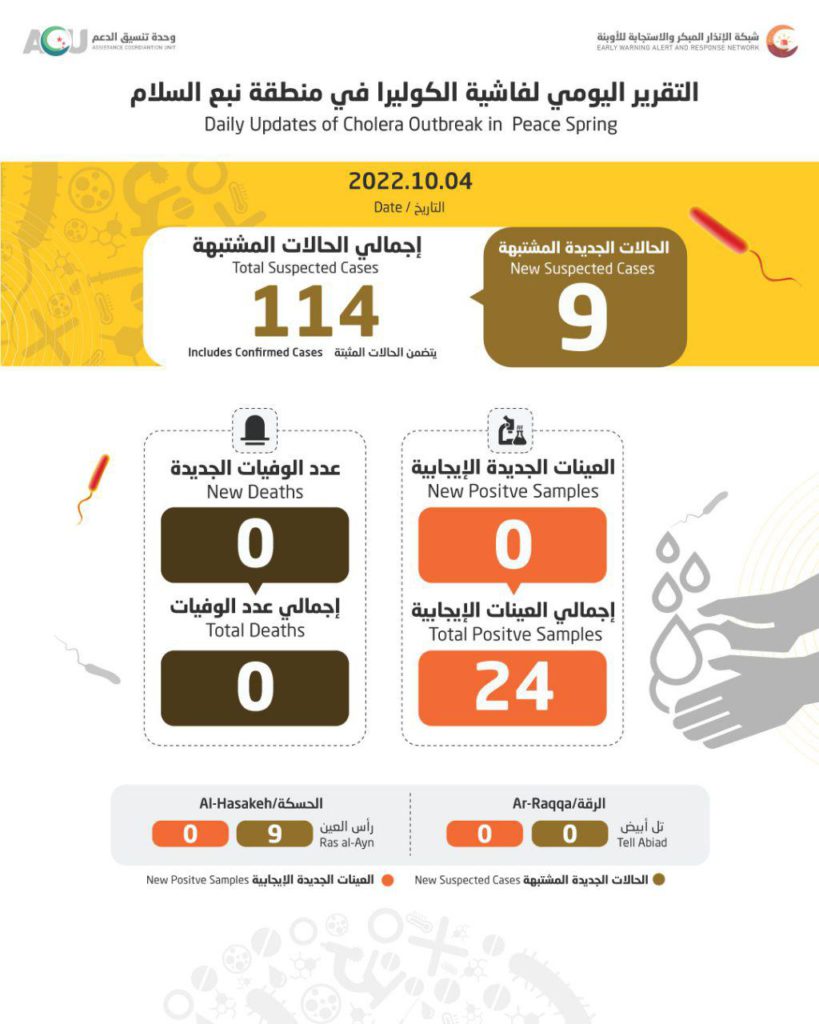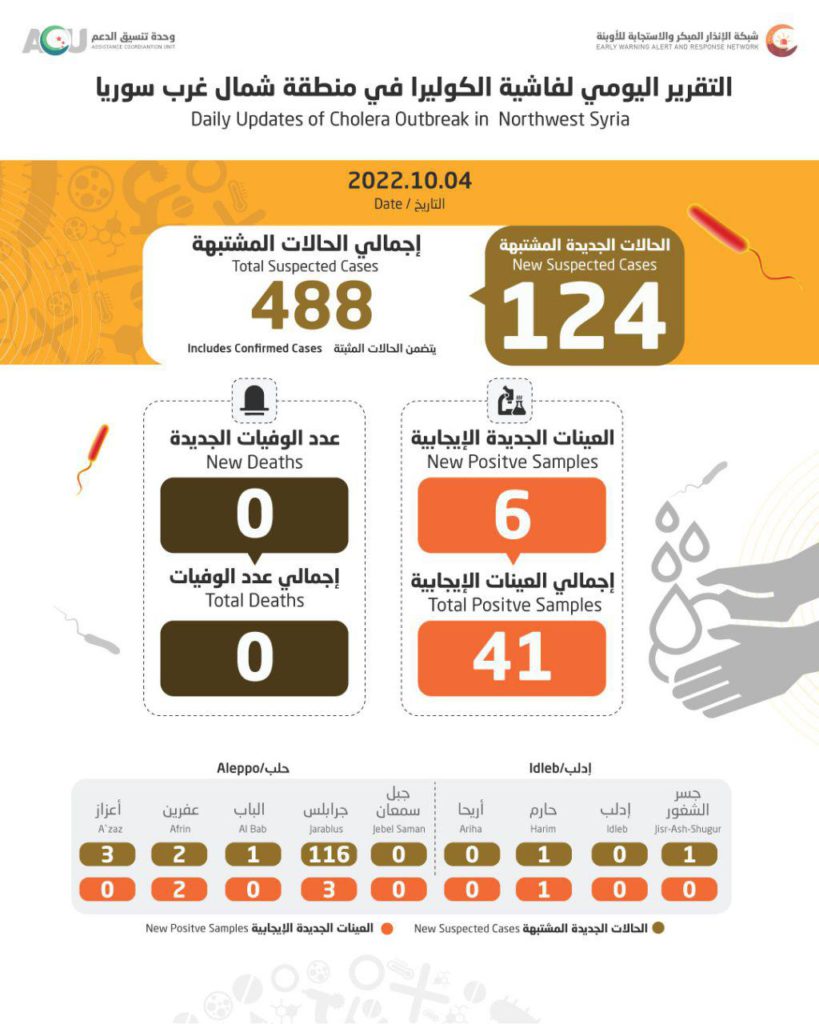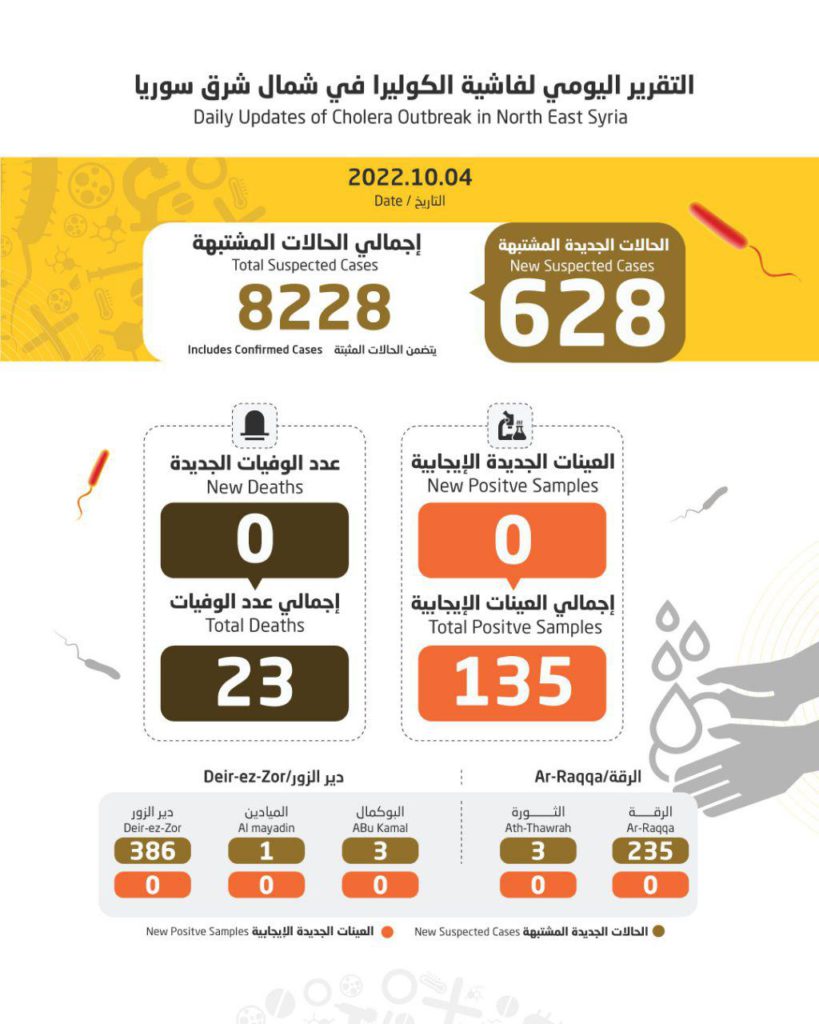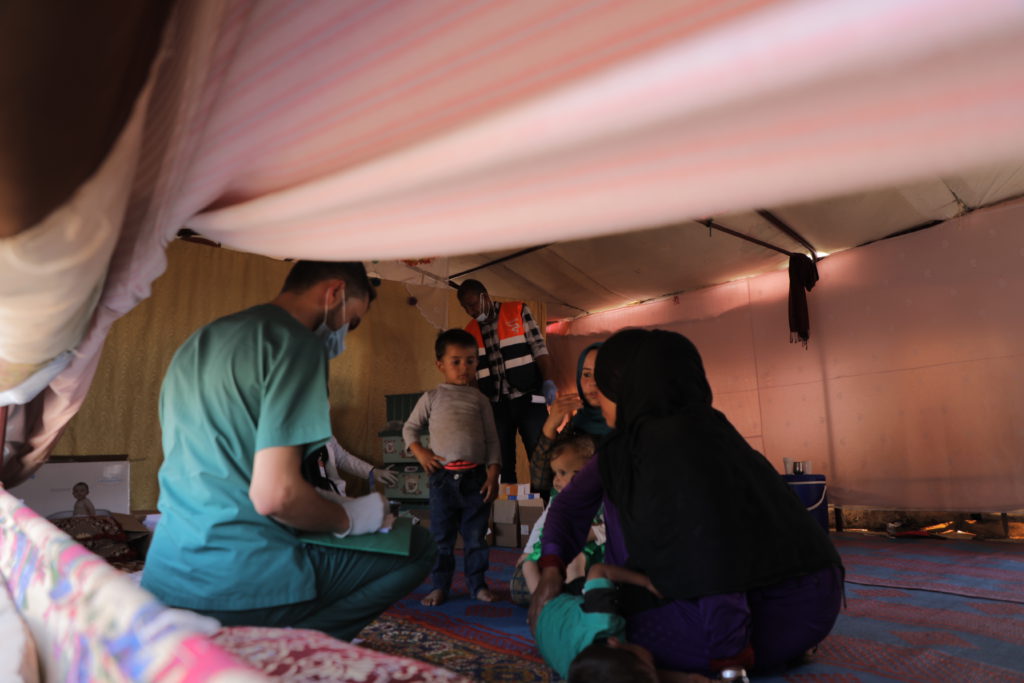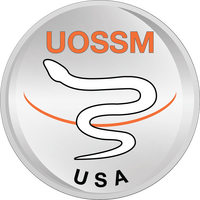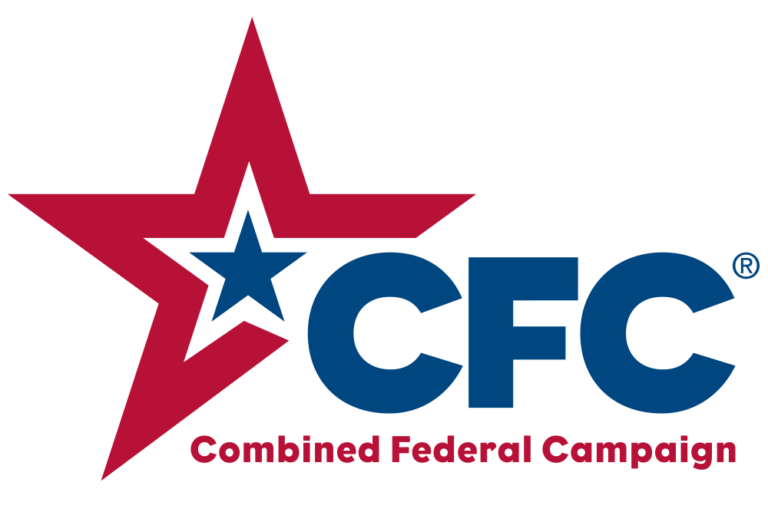Edinburg, TX – Fears of a Cholera outbreak are growing among the health sector in northwest Syria. With an already strained health care system due to years of war, attacks on healthcare facilities, and most recently, COVID, fears have become a reality with the first two Cholera cases confirmed on September 17. This has now become an imminent danger, putting vulnerable lives at risk. The suspected main culprit of the Cholera outbreak is unclean water from the Euphrates River used for drinking and watering crops (resulting in food contamination), and improper sewage among displacement camps.
The two patients were hospitalized from the Marma All Hajar Village in Jarablus and were experiencing acute watery diarrhea, vomiting with fever, and severe dehydration – all symptoms consistent with Cholera. As of October 4, there were 488 total suspected cases in northwest Syria, and 114 cases in Nabaa Al Salam (Peace Spring) according to EWARN Syria. Those numbers continue to rise.
The outbreak began in northeast Syria in early September. As of October 4, there were 8228 suspected cases, and 23 deaths in northeast Syria, according to EWARN Syria.
UOSSM is responding with preventative measures in northwest Syria for mild to moderate cases including:
1. Providing healthcare centers with infection prevention and control (IPC) means.
2. Providing healthcare facilities with Cholera kits and activating oral rehydration points in each health facility, to provide oral rehydration solution for patients to prevent dehydration, and to prevent escalation to severe illness.
3. Providing community wide awareness campaigns via community health workers (CHWs) – with awareness messages about Cholera and prevention methods – created by the health cluster.
4.Training community health workers to refer suspected cases to healthcare centers to receive appropriate care in a timely manner.
5. Providing capacity building for Trainers of Trainers (ToT) for health care workers. They will then train other healthcare providers and community health workers to have the capacity and ability to provide correct and accurate information, and to provide referrals to healthcare centers.
The CHWs will be responsible for:
– Providing awareness messages
– Distributing hygiene kits and oral rehydration solutions
– Referring suspected cases
For severe cases, UOSSM seeks to establish Cholera Treatment Units (CTU), treatment units attached to existing health facilities in northwest Syria.
Dr. Khaula Sawah, president of UOSSM USA said, “We are deeply concerned that this outbreak could turn into an epidemic in northern Syria, further adding to the suffering these families are experiencing every day. The health sector in Syria, which is already strained beyond capacity, needs more support to prepare for such dire situations, which could potentially cause widespread illness and many deaths. We call on the international community to ensure the health sector is supported so it can respond to such an outbreak if needed.”
